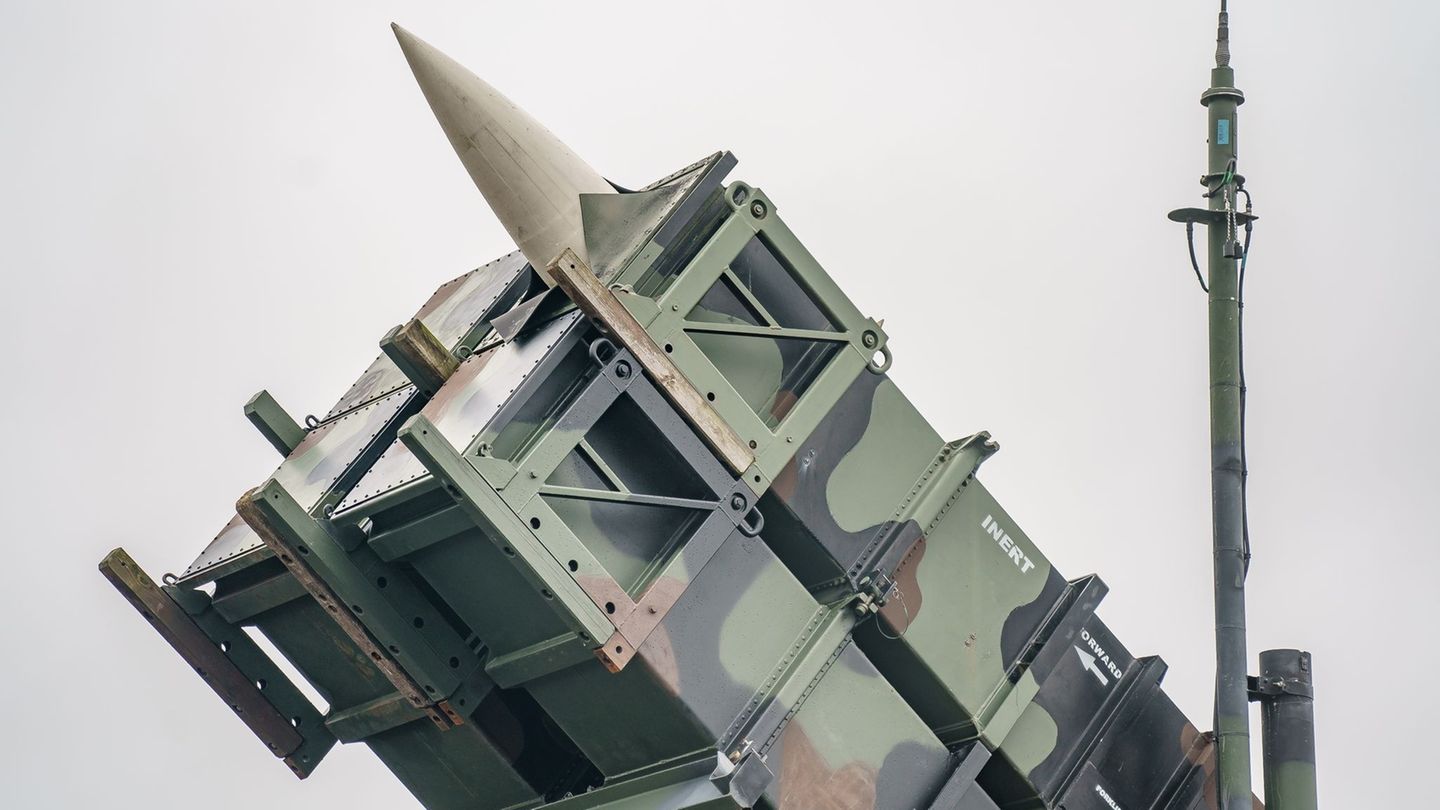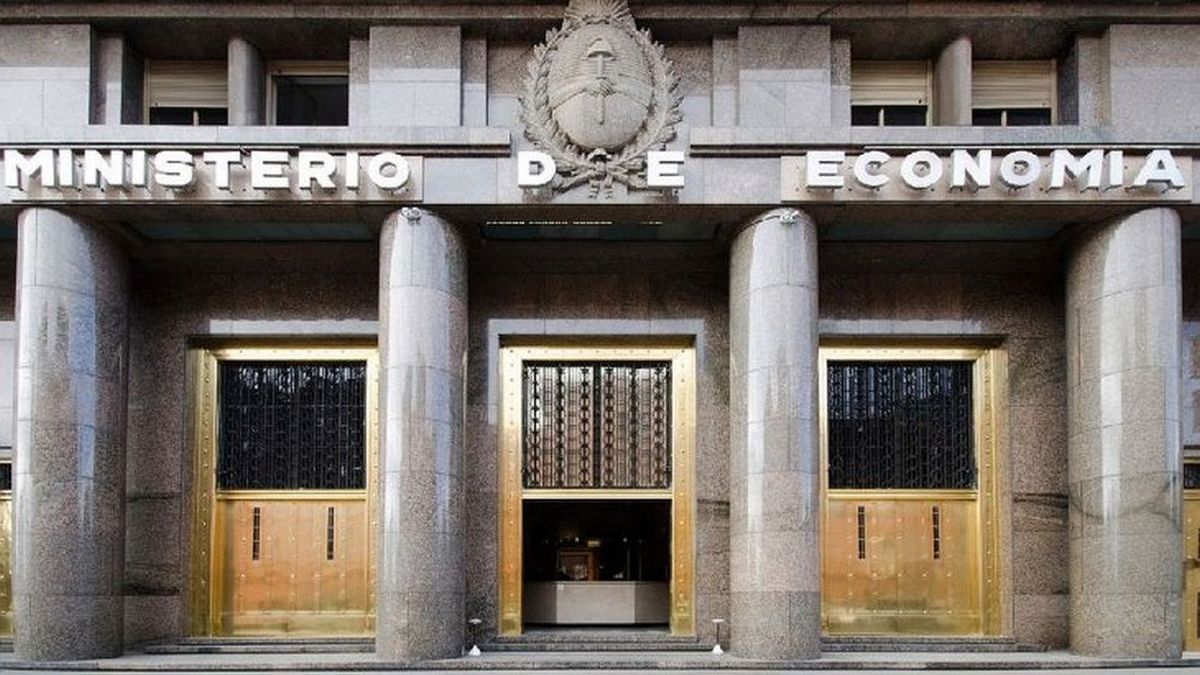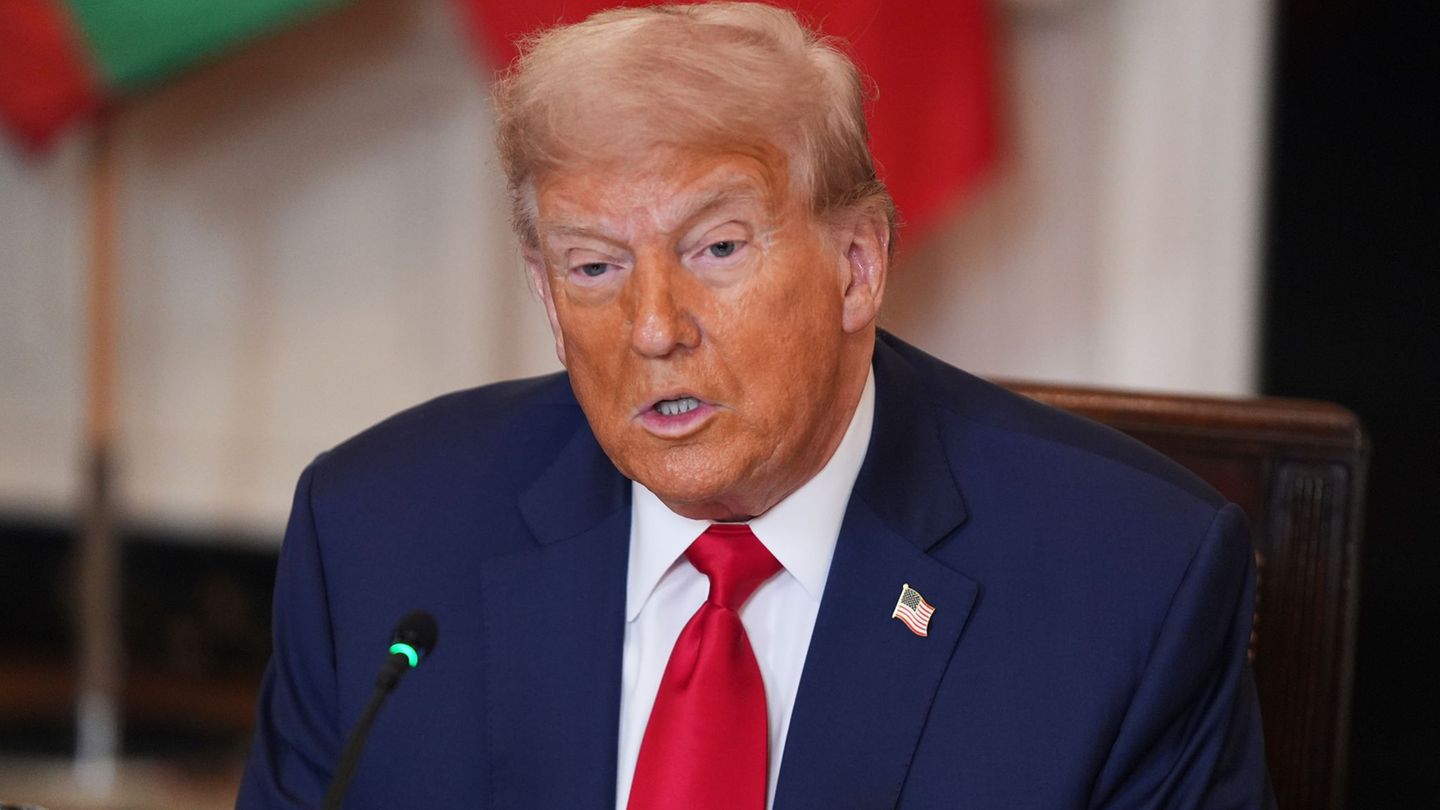“Shadow Fleet” in sight
EU states agree on new sanctions against Russia
Copy the current link
Is there a risk of an oil spill in the Baltic Sea because of the Russian “shadow fleet”? Neighboring states and environmentalists see considerable risks. The EU wants to act now.
The EU states have agreed on a new package of sanctions due to Russia’s ongoing war of aggression against Ukraine. The planned measures are primarily intended to take tougher action against the so-called Russian shadow fleet for the transport of oil and oil products, as several diplomats told the German Press Agency.
The plan is to ban more than 50 more ships from entering ports in the EU. In addition, they should no longer be able to benefit from the services of European companies. As a first step, the EU put around two dozen ships on a blacklist in June.
In addition, the 15th sanctions pact also envisages imposing trade restrictions against more than 30 other actors who, according to EU findings, have connections to or otherwise support Russia’s defense and security sector. These will once again include those based in China who, for example, are involved in the production of drones for the Russian war against Ukraine. According to the current Hungarian EU Council Presidency, there are also plans to issue entry bans and asset freezes against a number of other people.
Top representatives of the EU institutions were pleased with the understanding between the member states. “This will further weaken Putin’s war machine,” commented EU foreign policy chief Kaja Kallas on the sanctions deal. European Parliament President Roberta Metsola wrote: “This sends another strong signal: our support for Ukraine will not weaken.”
The agreement reached in the Committee of Permanent Representatives of the Member States now needs to be formally confirmed. This is to happen next Monday at a meeting of the foreign ministers of the member states in Brussels. The punitive measures adopted can then be published in the EU Official Journal and come into force.
Environmentalists warn of oil spills
The sanctions against the ships are primarily about economic aspects, but also about environmental protection. Russia has long been accused of relying on ships that are not in the hands of Western shipping companies or insured by Western insurance companies in order to circumvent a Western price cap for Russian oil exports to third countries.
According to experts, there are major risks for shipping and the environment. For example, they point out that many tankers are outdated, have technical defects and are sometimes traveling without an automatic identification system. Baltic Sea neighbors like Sweden and environmental protection organizations like Greenpeace have been calling for tougher action against the ship owners, operators and insurance companies involved for months.
Greenpeace points out that the entire German Baltic Sea coast is also threatened by the tankers. According to figures from the environmental protection organization, more than 170 ships from the Russian shadow fleet have sailed through the German Baltic Sea and the Kadetrinne sea area in the Mecklenburg Bay once or more in the past two years.
Controversial exceptions
Before the political agreement on the sanctions package, there was a dispute over, among other things, how long European companies with business relationships to Russia should be able to benefit from exemptions for certain, actually banned exports and imports in order to be able to withdraw from the Russian market in an orderly manner. According to diplomats, countries such as Latvia and Lithuania were unable to assert their demands for a quick expiry of the current exemptions.
Another package of sanctions could come on the anniversary
The EU’s last package of sanctions against Russia was passed in June. It primarily included measures against billion-dollar liquefied natural gas (LNG) deals and companies involved in evading sanctions. According to current plans, there will be another EU package with Russia sanctions next February on the third anniversary of the war against Ukraine ordered by Kremlin leader Vladimir Putin.
dpa
Source: Stern
I have been working in the news industry for over 6 years, first as a reporter and now as an editor. I have covered politics extensively, and my work has appeared in major newspapers and online news outlets around the world. In addition to my writing, I also contribute regularly to 24 Hours World.




